
Municipal election year is upon us. Depending upon your view of the field, and your own vision for the city’s future, you’re either thrilled or you’re wishing 2020 was still here. Ok that’s probably a stretch. But nevertheless, the city of Cleveland will be choosing a new mayor this year and the field is finally filling out.
In the September 2017 primary election 26,902 Clevelanders cast ballots, while the general election that year between Frank Jackson and Zack Reed brought 60,801 to the polls. Though the number of city residents will be slightly lower than four years ago, I’d argue that primary turnout will go up, in percentages and raw votes, as this race will produce several galvanizing figures and storylines for good and bad.
Our mayoral and city council races are non-partisan, and require a primary in September if there are three or more candidates. The top two vote-getters will then move to the general election Tuesday, November 2nd. For our purposes, let’s say 30,000 Clevelanders vote in the primary this September. If that’s the case, and there are say 10 candidates, including seven with a legitimate shot at winning the overall race, the top two candidates have to be targeting, conservatively, in the vicinity of 8,000-10,000 votes to make the runoff. In essence, to make the runoff a candidate will need at least 1/4th of the vote in my estimation.
Media coverage of this race will probably be smaller than ever before, due in some measure to the reduced number of journalists and to the media’s own role in fomenting regional apathy (which is a whole different post). Thus, hard-hitting, substantive questions may be few and far between, and due to the pandemic, public forums will also be limited. At least at the outset. This means the public at large will do much of the legwork in sorting through the candidates and their positions, and determining what the central focus of the campaign will be.
I forcefully believe one of the greatest hurdles our city needs to overcome is the significant cultural and racial divide between the east side and the west side. Despite this, those cleavages still exist and will play a role in this year’s vote totals whether we like it or not.
The general election turnout for the presidential elections declined in nearly every east side ward from 2016 to 2020. Considering that 2020 saw some of America’s highest turnout in over a century, it doesn’t bode well for any candidate who‘s relying upon an east side-centric campaign to carry him or her to the mayor’s office.
The seven candidates listed below are those who seem likely to run, including a few who have filed financial paperwork or pulled petitions. Some won’t make the leap, while others will join in. I’ll be keeping my eye on candidates not mentioned here like Ross DiBello from West Park, for example. Much to my dismay, I’ll also keep an eye on other entrants because even though Hudson Republicans won’t be voting in this election, Cleveland still has a significant number of Republicans who, if they voted as a bloc for say the Hudson Republican who is running for mayor, things could get interesting.
Justin Bibb
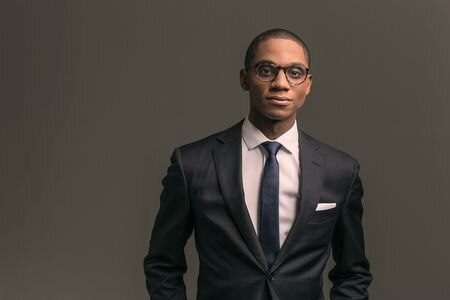
A first-time candidate, the Case law school grad who helps run the public-private development firm Urbanova, has made an early splash. Along with his work on the boards of RTA, Destination Cleveland, and Teach for America, amongst other civic activities, Bibb has garnered a lot of attention in recent years due to his impressive civic engagement and social media presence.
Advantages
- Newness
- Could propose bold, innovative ideas
- He’s already speaking earnestly about Burke Lakefront airport which is incredibly refreshing
- Could propose bold, innovative ideas
- Dynamic, winning personality
- Clearly cares about improving the city as his aforementioned civic involvement attests to
- He will have the support of many in the local media, on whose pages he’s been mentioned often over the past few years including Crain’s, Scene, and Cleveland Magazine amongst others
- Especially left-leaning media outlets, of which Scene is basically the last citywide vestige
- Should do well in the social media realm
- Compelling personal story having grown up in the Mt. Pleasant neighborhood
- Has former Executive Director of the Cuyahoga County Democratic Party, Ryan Puente, whose acumen was mostly underused in that role, as top campaign aide
- Won’t hurt for money as his early fundraising totals make him a legit contender and the important first winner of the expectations game
Potential Pitfalls
- Rookie syndrome
- Newness can have its downside as well, and mistakes happen in any campaign so he’ll have to be prepared for these
- No proven vote-getting ability
- With no previous electoral victories, or base of support, the key question is: will he be able to draw the 500ish votes per ward to make the runoff?
- Style over substance? Time will tell
- Questions about how he will explain the type of private-public partnerships he seems to favor, especially because Cleveland is ground zero for corporate dominance
As mentioned, his fundraising success thus far, around $200,000, and his well-played campaign rollout, augur well for Bibb. But many talented people have entered the political arena for the first time, in Cleveland and beyond, only to find the going even more treacherous than first imagined. Having the support of former Mayor Michael White could be a double-edged sword when voting time comes as some didn’t like the way he left office. But I’d venture to say others prefer White to the current occupant.
Mayor Frank Jackson
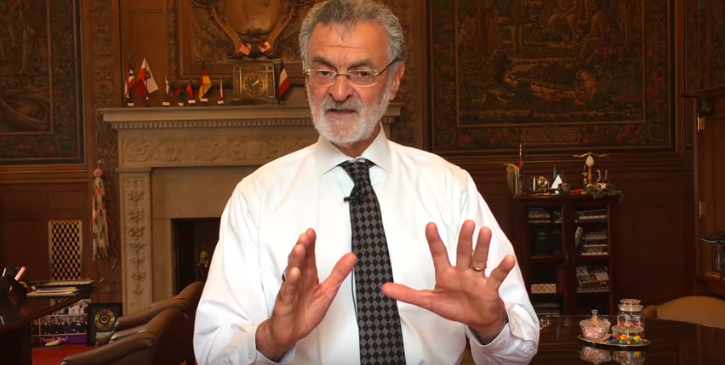
After four consecutive terms, it’s almost inexplicable that Jackson is considering another run. But, those close to City Hall still think there’s a 50-50 chance he joins in. After all, he loses a considerable amount of political power the moment he becomes a lame duck.
Advantages
- Incumbency and name recognition do come with benefits
- Proven vote-getting ability
- Depending on if and when he announces, he may be able to keep Sandra Williams from entering the race, to his benefit
Potential Pitfalls
- 16 years of his stewardship has seen Cleveland become the poorest city in the United States. I almost did a fill-in-the-blank here with multiple choice answers about all that has transpired in these last 16 years. But, I’ll just say there are many other criticisms of his tenure and leave it at that.
- A fifth term!?!?
- If both he and Williams do enter the fray, some potential vote cancelling will take place
- It’s hard to find anybody in Cleveland who believes he deserves that fifth term
Though he could certainly get past the primary, I don’t see how Frank Jackson can win re-election without some calamitous situation that redounds to his benefit. And it’s unlikely he’ll have someone like Zack Reed and his boozy car rides to assist in his quest for re-election this year. And, I can’t figure out whether more candidates in the field is legitimately better for him, given his potential base of support. Or, if that base number is now so low that more candidates will only result in drawing more Jackson opponents to the polls. In the end, I don’t think he’ll be on the ballot this year. But that’s mostly just gut instinct.
Ward 7 Councilman Basheer Jones
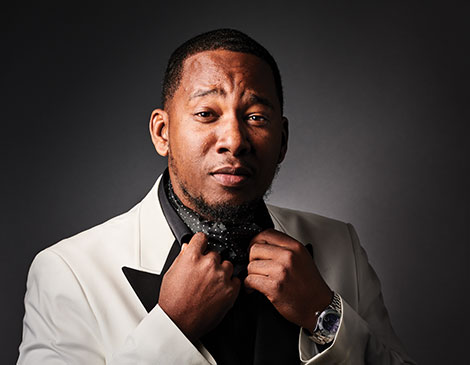
Advantages
- New
- Has only been on city council for 4 years
- Potentially the most energetic candidate
- Backing of Marcia Fudge
- This could be minimized as she may be unwilling or even unable to openly aid Jones while serving as Joe Biden’s HUD Secretary. And, if she is willing, it may be ethically questionable for the head of the Cabinet department that will be doling out funds to the city of Cleveland to be putting her thumb on the scale for the city’s top post
Potential Pitfalls
- Base of support will be weak compared to people like Williams, Kucinich, or even Reed, as his ward only had 41% turnout in the highest presidential election turnout since the 19th century, to say nothing of the fact that he won his only victorious Council race by a whisker. 13 votes
- Utterly unknown on the west side and some portions of the east side as well
- Questions about where he lives, including whether he actually resides in the city of Cleveland, could dog him. And, the manner in which he obtained the house on Hough Avenue and the one he owns in Cleveland Heights could serve as an early pseudo-elimination relegating him to also-ran status.
Basheer Jones will be fun to watch and could bring some genuine excitement to the race in parts of the city. Yet, he has some serious soul-searching to do. He may think his campaign for re-election to council is far from a foregone conclusion and jump into the mayor’s race. Especially with T.J. Dow aiming to reclaim his seat after the close 2017 contest between the two. Or, with the diminished support he’ll get from Fudge, and since he must give up his seat to run for mayor, he may simply wait for another day and run in ward 7 again.
City Council President Kevin Kelley
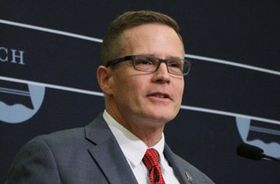
Advantages
- $$$
- $500K so far
- Name recognition
- If Dennis Kucinich opted not to run, for whatever reason, nobody on this list would benefit more than Kelley…
Drawbacks
- No candidate is hurt more by Kucinich’s entrance into the race than Kelley
- If Kelley and his campaign brain trust really see a path for getting past Dennis Kucinich, I’d like to know what it is
- If the field stays as is, I’m not sure how he can get the 9-10,000 votes to make the runoff
- Kelly and his chief campaign advisor, Ed Fitzgerald, are not beloved by many activists these days and they’re vital to a successful run
Despite the effort he’s already put into this race, and the eye-popping fundraising numbers he’s compiled thus far, I think there’s a very real chance Kelley will forego this race, seek re-election to his ward 13 city council seat, and run for Cuyahoga County Executive in 2022. A race and office better-suited to him.
Former Congressman & Mayor Dennis Kucinich
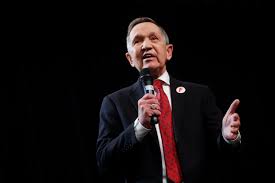
Advantages
- Name recognition
- Goes a long way in a crowded primary field
- Knowledge
- Kucinich won’t be caught off-guard not knowing the answer to questions in forums or interviews
- Favored candidate of the west side
- This shouldn’t be understated
- In the 2018 Democratic primary for Governor, one in which he did not make a strenuous effort, and was trounced by Richard Cordray statewide and in Cuyahoga County, Kucinich performed well on Cleveland’s west side
- In wards 11, 14, and 16 he won 44 of 49 precincts and tied in another one; he also has pockets of strength in wards 12,15, and 17
- As illogical as it may seem, some of those on the west side who voted for Trump in 2020 will vote for Dennis for mayor, due partly to the nonpartisan nature of the primary and general elections, and partly to an affinity for his perceived “take-no-prisoners” image
- West side voter turnout will increase as a percentage compared to 2017
- Cleveland hasn’t sent a west-sider to the mayor’s office since…you guessed it, Dennis Kucinich
- Neighborhoods
- The winning formula he used in 1977 still has incredible cache today. In an age of 60 year TIFs in the Flats, his ability to give voice to neighborhood concerns, and do so with conviction, could reap electoral benefits.
- The FirstEnergy scandal will be a plus for (only) him
- If any Cleveland political figure can benefit from the FirstEnergy scandal, and the concurrent mismanagement of Cleveland Public Power, it will be the man who saved Muny Light. He knows this, and if his op-ed in The Plain Dealer is any indication, he intends to make it an issue during the campaign
Potential Pitfalls
- Age and lack of “newness” could be a negating factor for some voters (even though he is younger than Jackson, albeit only 4 days so)
- Will he run a spirited campaign? There are some concerns about whether he will wage the type of campaign, and fundraising apparatus, necessary to win this race in 2021.
- After 40+ years in the public eye, it probably won’t be too difficult to capitalize on a position he’s taken or something he’s done or said
For my money, Kucinich is the favorite at this point to make the runoff, though that doesn’t necessarily make him the favorite to become the next mayor.
Former City Councilman Zack Reed
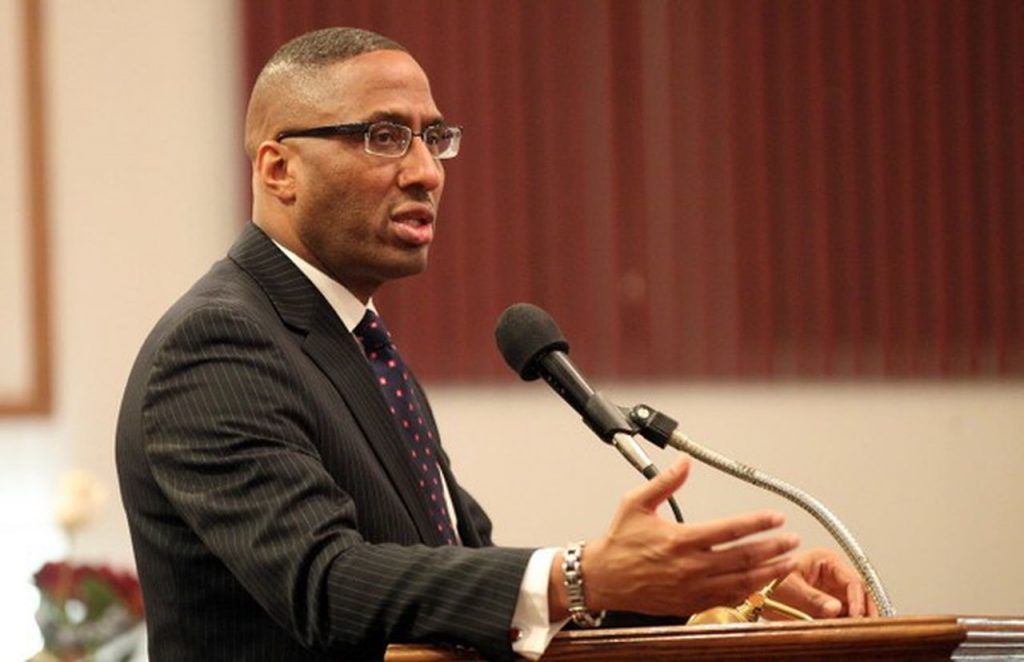
Reed has every reason to feel he’s earned another shot at the job after his runner-up finish four years ago. So, there’s that.
Advantages
- Nearly 25,000 residents voted for him for this job last time
- Passionate and persuasive
Potential Pitfalls
- A man of conviction(s); just not the good kind
- How many of the 25,000 who voted for him in November 2017 did so not out of fealty to Reed, but in opposition to Mayor Jackson? My guess would be a majority.
Zack Reed is an impressive politician in person. But I simply can’t see a way for him to make it to the general election given the current field.
State Senator Sandra Williams
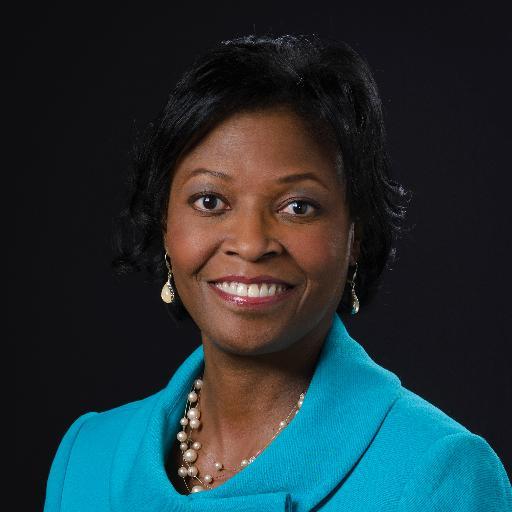
Advantages
- Great name recognition in (most of) the city as her state senate district covers a majority of Cleveland
- Has served Clevelanders and east side suburbanites in the statehouse for 15 straight years
- Proven vote getter
- Only female running
Potential Pitfalls
- Whole city wards including the one that will have the biggest turnout, ward 17, have either little familiarity with her or no idea who she is
- Her vote for HB 6 and closeness with FirstEnergy will cost her with some progressives, so she’ll have to answer those calls straightforwardly and deftly and should do so early on
- If Jackson seeks a 5th term, she most likely, and I think wrongly, won’t run
- I would’ve bought her Ohio State football tickets
Sandra Williams will be a formidable force. Barring something unforeseen, and if she’s able to get past the FirstEnergy chicanery, she will be difficult to keep out of the mayor’s office.
Stay Tuned. The filing deadline is in June.
1 Comment
Comments are closed.

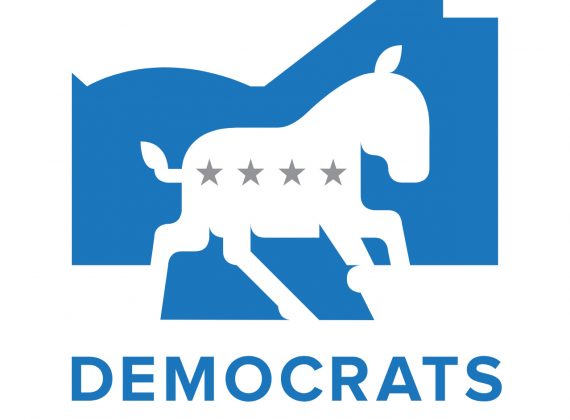



[…] see a lot of these candidates between now and the September 14th primary. (Previous posts on this site have outlined how the various candidates could win and some obstacles each could […]